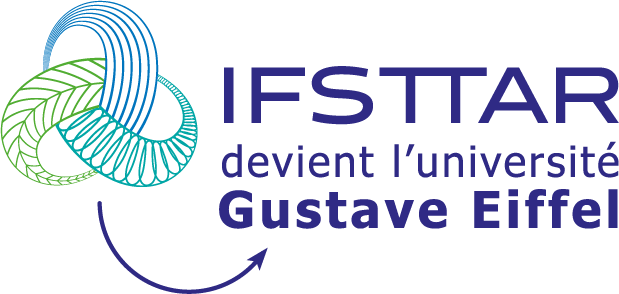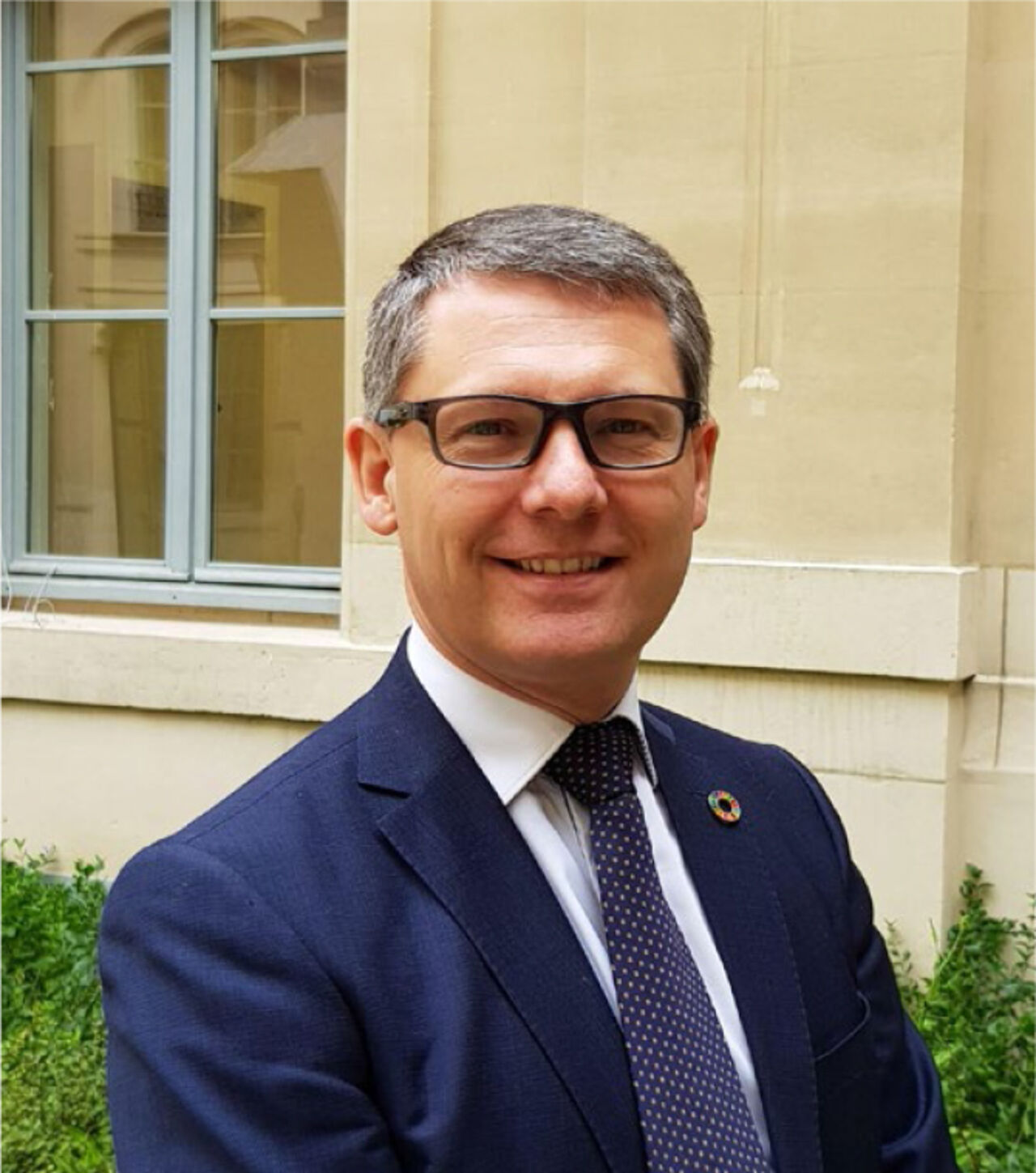How does the Ministry for the Ecological and Inclusive Transition (MTES) see IFSTTAR’s role?
IFSTTAR is the only public scientific and technological institution supervised by the Ministry. It plays an essential role in ensuring the success of the ecological transition, encouraging the development of new forms of mobility, designing the city of tomorrow, etc. MTES is in charge of transforming public policies that are at the heart of our daily lives. In order to formulate these policies, so that they are effective and appropriate, we need science and knowledge. IFSTTAR thus provides direct access to the research sector in order to answer the Ministry's questions. As a leading player in the field of transport and travel innovation, IFSTTAR was, for example, very much in demand in 2019 in the context of the France Mobilités initiative. In particular, its experts organised and led twenty Master Classes devoted to the conditions for the emergence and dissemination of innovative projects for the mobility of people and goods. These dealt with topics such as the economic models for the new freight services and “open innovation”.
“The issues of sustainable development lie at the heart of IFSTTAR's activities”
What are the Institute’s main contributions in the field of sustainable development?
Improving the reliability of transport, developing a circular construction economy, increasing the use of renewable materials and alternative bio-materials, increasing the resilience of cities and infrastructures, contributing to the sustainable development of regions... All these objectives, which lie at the heart of IFSTTAR's activities, respond to the challenges of sustainable development. It is a vast field of research and innovation that covers the security of populations, the maintenance of infrastructures and environmental challenges all at the same time.
What do you expect from Université Gustave Eiffel?
In 2019, Université Gustave Eiffel was a major project jointly managed by IFSTTAR and Université Paris-Est Marne-La-Vallée (UPEM), to which the Commissariat Général au Développement Durable (General Commission for Sustainable Development) contributed in its capacity as IFSTTAR's supervisory body. By bringing together a research organisation with a university and engineering schools, this new establishment represents a powerful means of disseminating the latest techniques and scientific knowledge throughout society. Research results will be more quickly and easily accessible to professionals. At another level, Université Gustave Eiffel also aims to create a culture of sustainable development in the training of all students. Finally, interdisciplinarity will enable new ideas to emerge and open the way for a new approach to the issues of the sustainable city and mobility.


